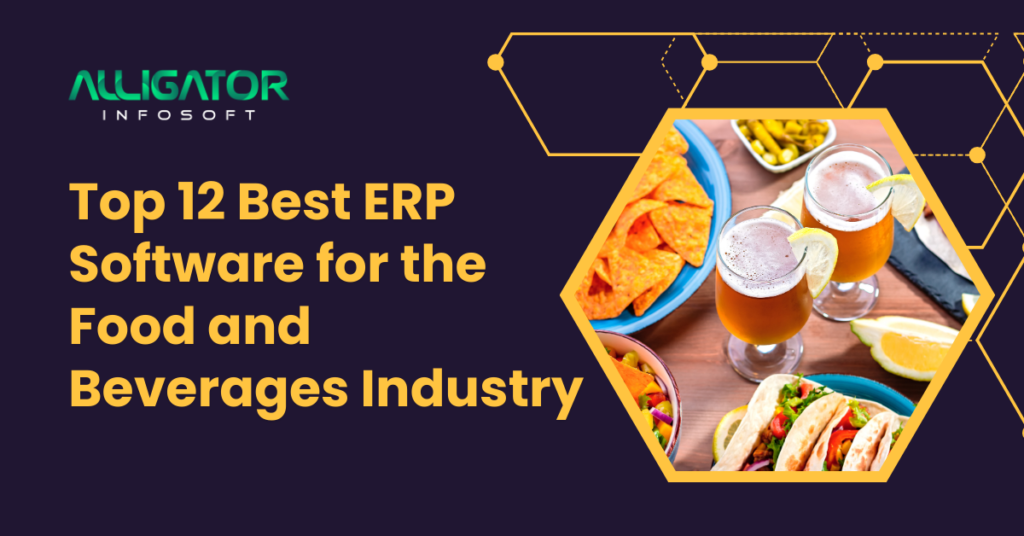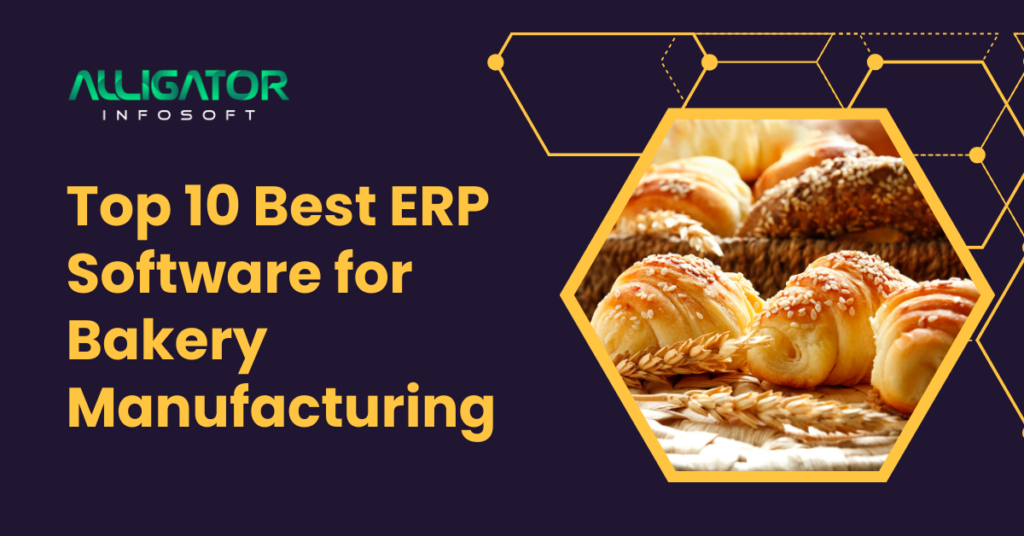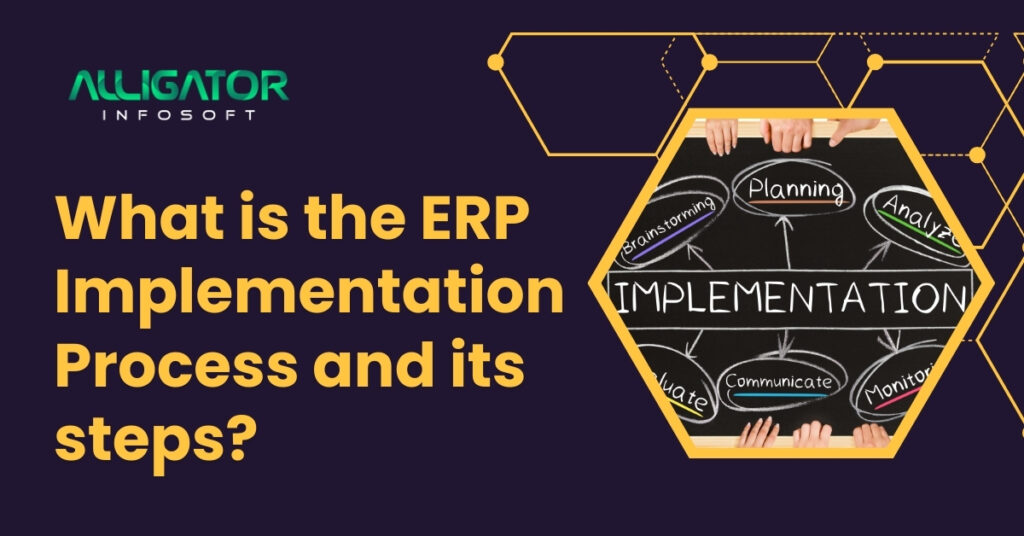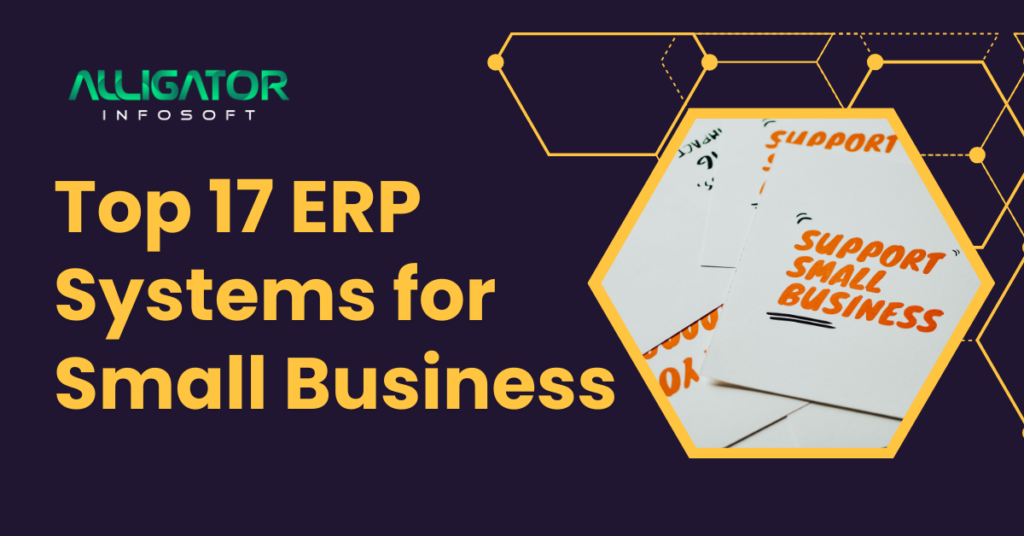Top 10 ERP Software for the Dairy Industry
Managing a dairy business isn’t just about milking cows and making cheese. It involves juggling inventory, production, quality checks, and finances. That’s where ERP (Enterprise Resource Planning) software comes in. ERP systems help streamline these processes, making everything run more smoothly. In this guide, we’ll walk you through the top ERP software options for the dairy industry. By the end, you’ll have a clearer idea of which software might be the best fit for your needs. Key Features to Look for in Dairy ERP Software When choosing an ERP system for your dairy business, here’s what you should look for to make sure it covers all your needs: Inventory Management: Think of this as your digital inventory assistant. It helps you keep tabs on everything from the milk you have on hand to the ingredients you need and the finished products ready for sale. It’s like having a detailed list that updates automatically, so you always know what you have and what you might need to order. Production Planning: This feature helps you organize and schedule your dairy production efficiently. Imagine you’re planning a big meal; you need to make sure you have all the ingredients, and everything is cooked at the right time. Production planning in your ERP system does the same for your dairy products, ensuring everything is made on time and resources are used efficiently. Quality Management: Quality is key in dairy production. This feature ensures that your products meet all the necessary industry standards and regulations. It helps you track and manage quality checks, so every batch of milk or cheese you produce is up to par with safety and quality standards. Financial Management: This is like having a personal accountant in your ERP system. It takes care of your financial records, budgets, and reports. From tracking expenses to managing income and generating financial reports, this feature keeps your finances organized and helps you make informed decisions. Supply Chain Management: Managing suppliers and logistics can be tricky. Supply chain management in your ERP system helps streamline these processes. It keeps track of your suppliers, manages orders, and ensures that everything from delivery schedules to inventory levels is running smoothly. Customer Relationship Management (CRM): Good relationships with your customers are vital. CRM helps you keep track of your interactions with customers, manage their orders, and improve your service. It’s like having a customer service assistant that remembers every detail about your clients, so you can provide a more personalized and efficient service. Data Analytics: This feature is like having a smart advisor who helps you understand your business better. It analyzes data from different parts of your operations and provides insights that help you make better decisions. Whether you’re looking at sales trends, production efficiency, or financial performance, data analytics helps you see patterns and make informed choices. Top 10 ERP Software for the Dairy Industry 1. Odoo First up is Odoo, and it’s a top pick for dairy businesses for good reason. Odoo stands out because it’s incredibly versatile and can be tailored to fit your exact needs. Whether you’re managing your milk inventory, scheduling production, ensuring quality control, or handling customer interactions with its CRM tools, Odoo has you covered. What’s more, it’s cost-effective, which means you get a lot of value without breaking the bank. As your business expands, Odoo can grow with you, offering more features and capabilities as you need them. It’s like having a personalized ERP system that adapts to your business, making it a smart and practical choice for managing every aspect of your dairy operations. 2. SAP S/4HANA SAP S/4HANA is like a heavy-duty tool for dairy businesses that need a robust solution. It offers advanced features and handles real-time data processing, which is great for larger operations where everything needs to be fast and accurate. Imagine having a system that instantly updates and processes information, helping you stay on top of things like production, inventory, and more. If your dairy business is big and complex, SAP S/4HANA can handle it all, providing a comprehensive solution to keep everything running smoothly. 3. Microsoft Dynamics 365 Microsoft Dynamics 365 is a versatile choice that combines both ERP and CRM into one system. If you’re already using Microsoft products, Dynamics 365 integrates seamlessly, making it easy to manage your dairy production, sales, and customer relationships all in one place. It’s like having a powerful tool that connects all the dots, helping you keep track of everything from inventory to customer interactions with ease. 4. Oracle NetSuite Oracle NetSuite is a cloud-based ERP solution that’s packed with features. It’s known for its strengths in financial management, supply chain, and production planning. Think of it as a cloud-based assistant that helps you handle all the complex parts of your dairy business, like managing your finances and coordinating your supply chain. Its cloud-based nature also means you can access it from anywhere, which is a big plus for modern businesses. 5. Infor CloudSuite Dairy Infor CloudSuite Dairy is specifically designed for dairy businesses, making it a great fit if you’re looking for something tailored to your industry. It helps streamline production, quality control, and supply chain management, so you can focus on running your dairy operations smoothly. It’s like having a system built just for you, with features that address the unique needs of dairy production. 6. Aptean Dairy ERP Aptean Dairy ERP is all about helping you manage batch production, ensure quality, and stay compliant with industry regulations. If you’re a dairy processor, this system focuses on the things that matter most to you, like keeping production efficient and meeting quality standards. It’s a solid choice if you need a system that’s tailored to the specific challenges of dairy processing. 7. Sage X3 Sage X3 is known for its strong financial and supply chain management tools. It offers the flexibility to adapt to your business needs, making it a good option if you’re looking for a system that can grow with your











